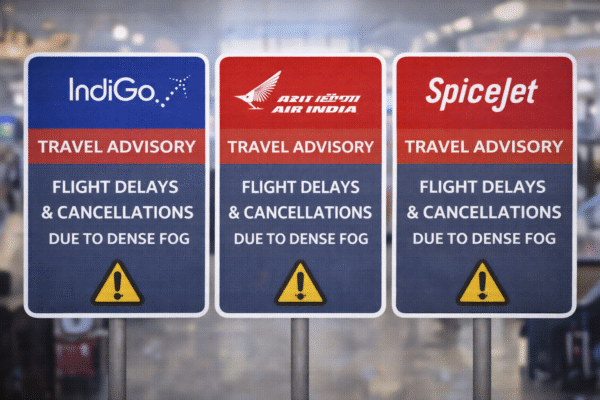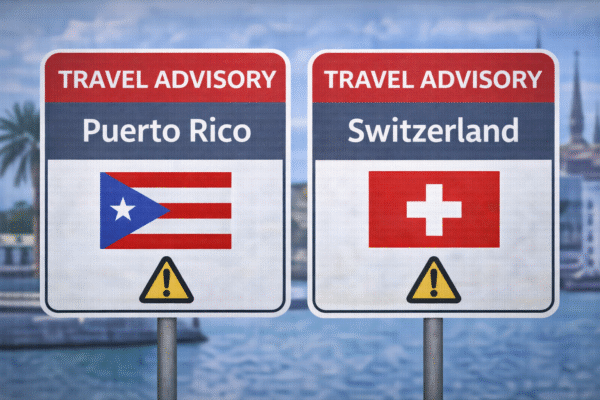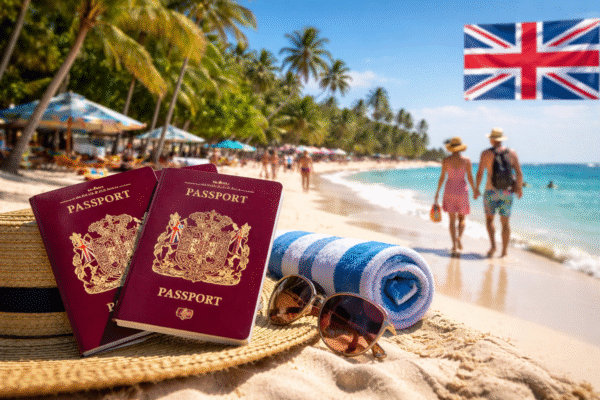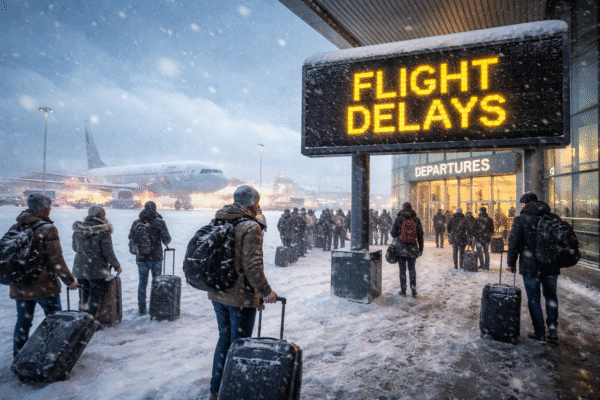As Europe swelters under one of its earliest and most intense summer heatwaves on record, temperatures have soared above 40 °C across the continent, prompting governments to take emergency measures to protect public safety and historic sites. From the partial closure of iconic landmarks to travel disruptions and wildfires, the meteorological upheaval is reshaping tourist itineraries and straining the travel industry as it grapples with unprecedented demand for flexible cancellations and heat-resilient planning.
Greece, meanwhile, bore the brunt of the sultry conditions as the Acropolis — the ancient citadel perched above Athens — was shuttered from 10:00 to 14:00 GMT (13:00 to 17:00 local time) on July 8. Local thermometers registered highs of 41 °C, prompting the Culture Ministry to also ban outdoor manual labour in Athens, Thessaloniki and parts of the Peloponnese during peak sun hours to safeguard both visitors and conservation staff. Archaeologists warn that sustained exposure to extreme heat accelerates the weathering of marble monuments, adding urgency to calls for improved climate resilience at heritage sites.
In neighbouring Italy, the Ministry of Labour imposed a ban on outdoor work during the hottest parts of the day, mirroring steps taken in Spain and Greece, while in France more than 1,800 schools were closed and the summit of the Eiffel Tower was off-limits amid red heat alerts. French authorities also restricted access to open-air terraces and set up “climate refuge” centres to cool vulnerable citizens, as hospital admissions for heat-related illnesses surged.
The Mediterranean region has also seen a surge in wildfires, notably in Catalonia and Crete. In northeastern Spain, roughly 3,000 hectares were engulfed in flames near Tarragona, prompting shelter-in-place orders for 18,000 residents. In southern France, a blaze near Marseille forced the temporary closure of Marseille Airport and suspension of train services, diverting flights to Nice and Nîmes and confining residents indoors amid thick smoke.
As Portugal moves into the peak of its dry season, the risk of wildfires surges nationwide. Between April and October, blistering heat, parched landscapes, and record‐low humidity create volatile conditions that pose serious safety threats to both residents and international travelers.
If you’re planning a summer 2025 getaway to Portugal, stay alert and up to date on local fire advisories—because in this climate, wildfires can ignite almost anywhere at any moment.
Against this backdrop of heat-driven closures and safety warnings, travel influencers on Instagram are spotlighting Paris’s unexpectedly cool, rainy weather—labelled “November vibes in summer” by some—encouraging followers to book tickets to the City of Light as a respite from the swelter. Hashtags like #ParisEscape and #CoolGetaway are trending, reflecting a shift in social-media-driven travel demand toward northerly urban destinations.
Despite the turmoil, budget carrier Ryanair reports robust summer bookings, suggesting that traveller demand remains resilient even as heatwaves disrupt plans. Meanwhile, families are finding they cannot cancel summer holidays despite official heat alerts, highlighting gaps in travel insurance coverage.
Allianz Research forecasts the heatwave could shave 0.5% off Europe’s economic growth, heightening pressure on hospitality and tour operators. Tour operators report a growing uptake in air-conditioned museum tours, sunset cruises and night-time excursions to help guests beat the heat.
Marine data indicate sea surface temperature anomalies of up to +3 °C in the western Mediterranean, raising concerns for cruise itineraries as onboard temperatures soar and desalination systems strain.
As Europe’s travel industry adapts to this new climate reality, agile planning, enhanced cancellation policies and robust contingency measures will be vital to navigate summer tourism under extreme heat stress.
Read more such exclusive news from Global Travel Wire.
Disclaimer: This image is AI generated and may bear no resemblance with actual fact or images.



















